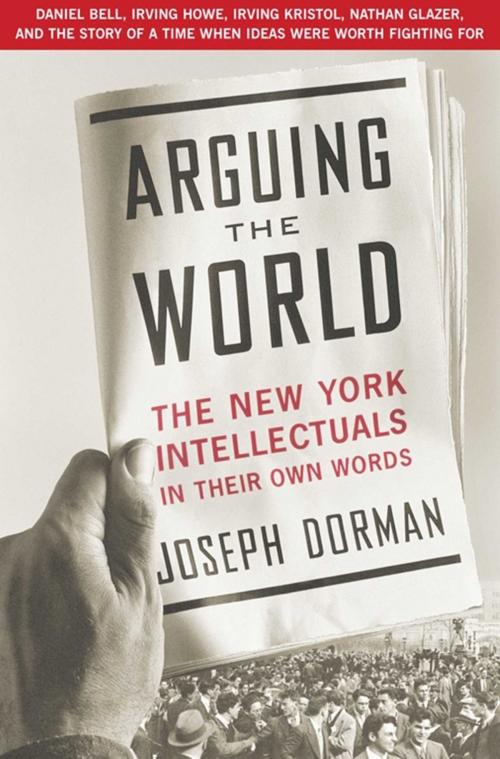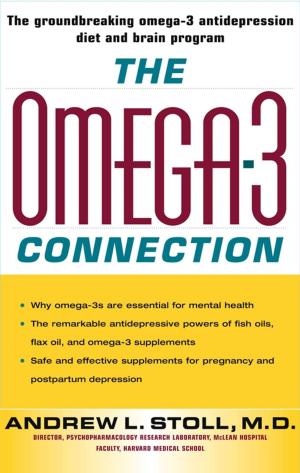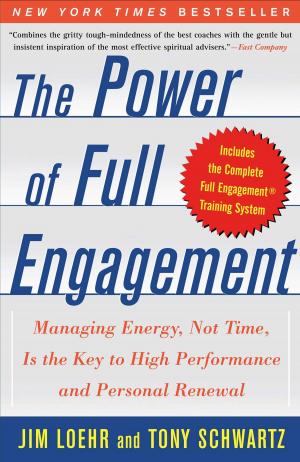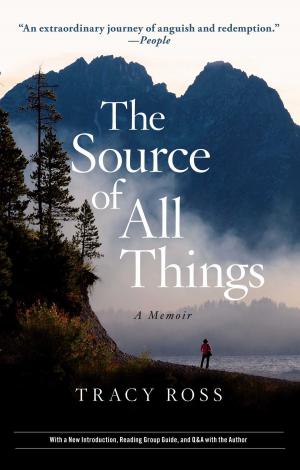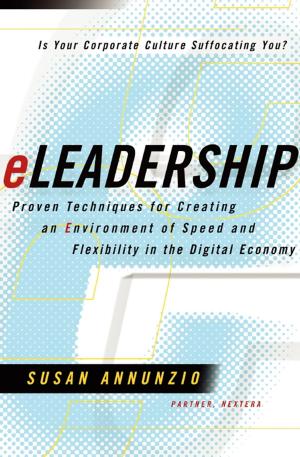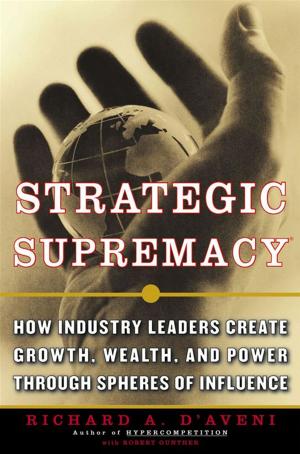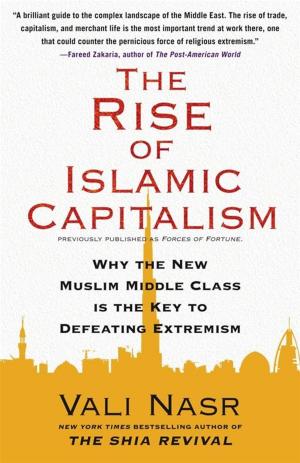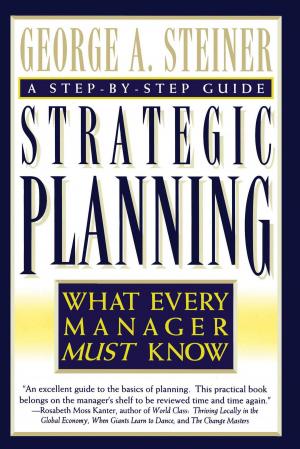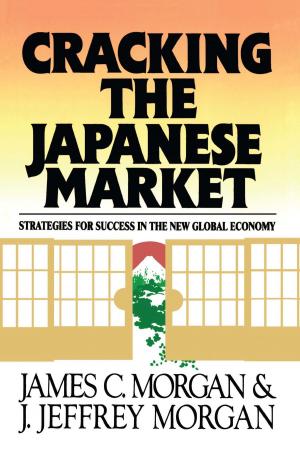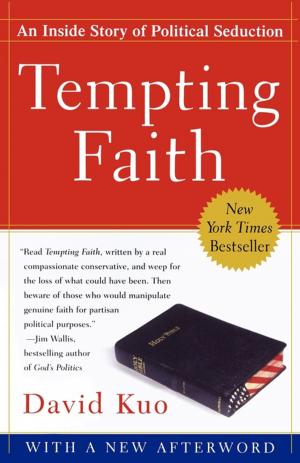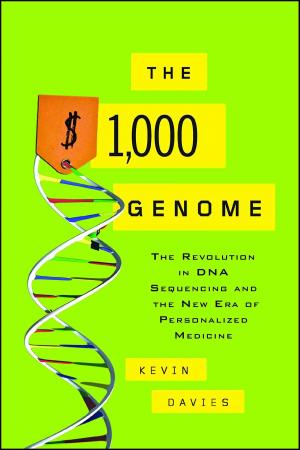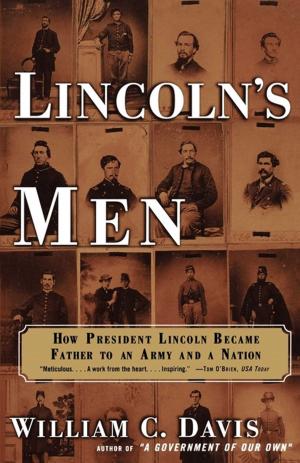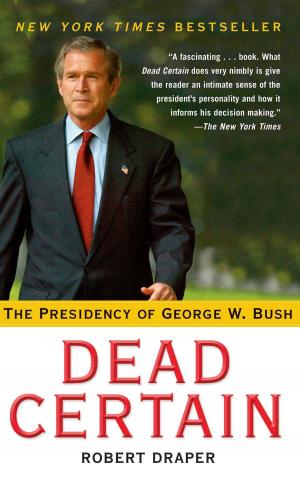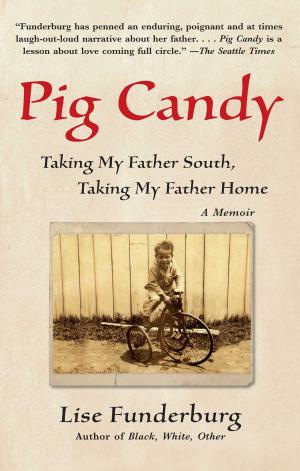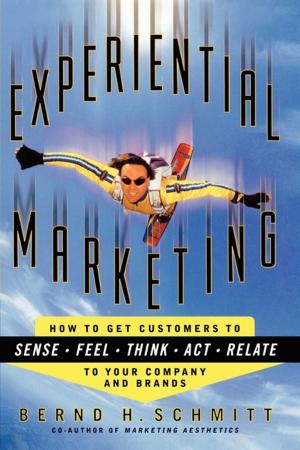Arguing the World
The New York Intellectuals in Their Own Words
Nonfiction, History, Americas, United States, 20th Century, Biography & Memoir| Author: | Joseph Dorman | ISBN: | 9781439136508 |
| Publisher: | Free Press | Publication: | August 15, 2000 |
| Imprint: | Free Press | Language: | English |
| Author: | Joseph Dorman |
| ISBN: | 9781439136508 |
| Publisher: | Free Press |
| Publication: | August 15, 2000 |
| Imprint: | Free Press |
| Language: | English |
From cafeterias to cocktail parties to the pages of influential journals of opinion, few groups of friends have argued ideas so passionately and so publicly as the writers and critics known as the New York intellectuals. A brilliantly contentious circle of thinkers, they wielded enormous influence in the second half of the twentieth century through their championing of cultural modernism and their critique of Soviet totalitarianism.
Arguing the World is a portrait of four of the leading members of the group in their own words, based on the extensive interviews that formed the basis for Joseph Dorman's acclaimed film of the same name, which New York magazine named in 1999 as the Best New York Documentary. The political essayist Irving Kristol, the literary critic Irving Howe, and the sociologists Daniel Bell and Nathan Glazer are brought into sharp focus in a vivid account of one of the century's great intellectual communities.
In this wide-ranging oral history, Dorman documents the lifelong political arguments of these men, from their working-class beginnings to their rise to prominence in the years following World War II, particularly through their contributions to magazines and journals like Partisan Review and Com-mentary. From the advent of the Cold War and McCarthyism, to the rise of the New Left on college campuses in the sixties, to the emergence of neoconservatism in the seventies and eighties, the group's disagreements grew more heated and at times more personal. Driven apart by their responses to these historic events, in later life the four found themselves increasingly at odds with one another. Kristol became influential in America's resurgent conservative movement and Glazer made a name for himself as a forceful critic of liberal social policy, while Bell fought to defend a besieged liberalism. Until his death in 1993, Irving Howe remained an unapologetic voice of the radical left.
Weaving personal reminiscences from these towering figures with those of their friends and foes, Arguing the World opens a new window on the social and intellectual history of twentieth-century America.
From cafeterias to cocktail parties to the pages of influential journals of opinion, few groups of friends have argued ideas so passionately and so publicly as the writers and critics known as the New York intellectuals. A brilliantly contentious circle of thinkers, they wielded enormous influence in the second half of the twentieth century through their championing of cultural modernism and their critique of Soviet totalitarianism.
Arguing the World is a portrait of four of the leading members of the group in their own words, based on the extensive interviews that formed the basis for Joseph Dorman's acclaimed film of the same name, which New York magazine named in 1999 as the Best New York Documentary. The political essayist Irving Kristol, the literary critic Irving Howe, and the sociologists Daniel Bell and Nathan Glazer are brought into sharp focus in a vivid account of one of the century's great intellectual communities.
In this wide-ranging oral history, Dorman documents the lifelong political arguments of these men, from their working-class beginnings to their rise to prominence in the years following World War II, particularly through their contributions to magazines and journals like Partisan Review and Com-mentary. From the advent of the Cold War and McCarthyism, to the rise of the New Left on college campuses in the sixties, to the emergence of neoconservatism in the seventies and eighties, the group's disagreements grew more heated and at times more personal. Driven apart by their responses to these historic events, in later life the four found themselves increasingly at odds with one another. Kristol became influential in America's resurgent conservative movement and Glazer made a name for himself as a forceful critic of liberal social policy, while Bell fought to defend a besieged liberalism. Until his death in 1993, Irving Howe remained an unapologetic voice of the radical left.
Weaving personal reminiscences from these towering figures with those of their friends and foes, Arguing the World opens a new window on the social and intellectual history of twentieth-century America.
